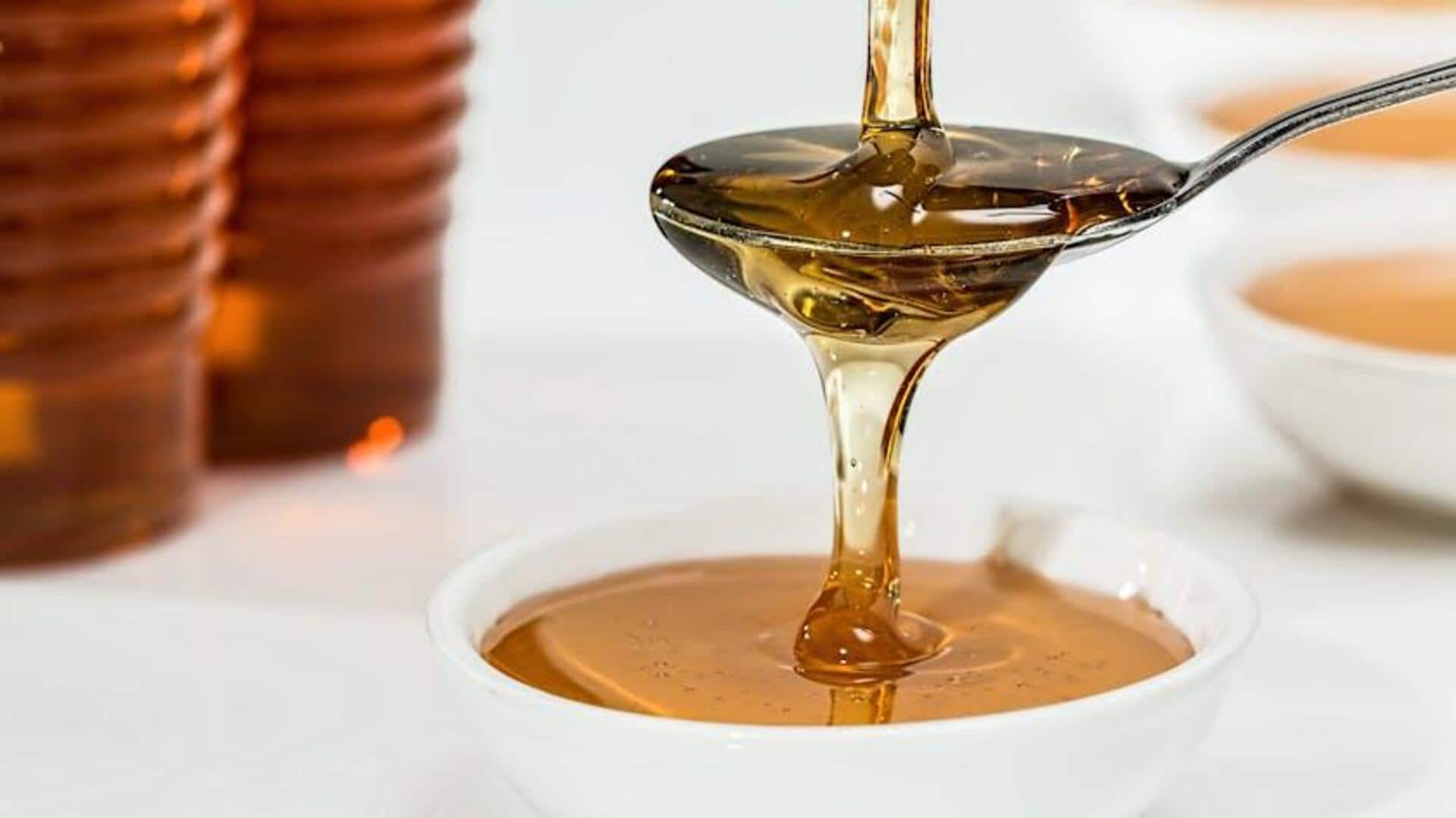
Are natural sweeteners healthy?
What's the story
Over the years, natural sweeteners have become quite popular alternatives to refined sugar, particularly for those managing diabetes. However, some myths regarding their impact on diabetic health remain. Knowing the truth behind these myths is important for making informed dietary choices. Here, we bust common myths about natural sweeteners and their effects on diabetic health, and how they can fit into a balanced diet.
Safety concerns
Myth: All natural sweeteners are safe for diabetics
Not all natural sweeteners are equal in diabetic health. Some may still cause spikes in sugar levels. For example, agave nectar comes with a high fructose content that may affect insulin sensitivity over time. It is advisable for people with diabetes to keep a check on blood glucose levels and consult healthcare professionals before introducing new sweeteners to their diets.
Caloric content
Myth: Natural sweeteners have no calories
A common misconception is that natural sweeteners are calorie-free. While some options like stevia contain negligible calories, others such as honey or maple syrup do have caloric content similar to regular sugar. Consuming these in large quantities can contribute to weight gain, which may negatively impact diabetes management. Awareness of the caloric content is essential for maintaining a balanced diet.
Blood sugar impact
Myth: They do not affect blood sugar levels
While most natural sweeteners have a lower glycemic index than refined sugar, they can still impact blood sugar levels differently. This varies on a person's metabolism and intake. For instance, coconut sugar has a lower glycemic index but can still be used sparingly by diabetics due to its carbohydrate content. It's best to check your blood glucose response after consumption.
Nutritional value
Myth: All natural sweeteners are nutrient-rich
Though some feel all natural sweeteners provide more nutrition than refined sugars, that's not always the case. While molasses, for example, contains some trace minerals like iron and calcium, others are hardly more nutritious than sugar. Don't make these products your sole source of nutrients, but use them as a part of the whole healthy diet plan.